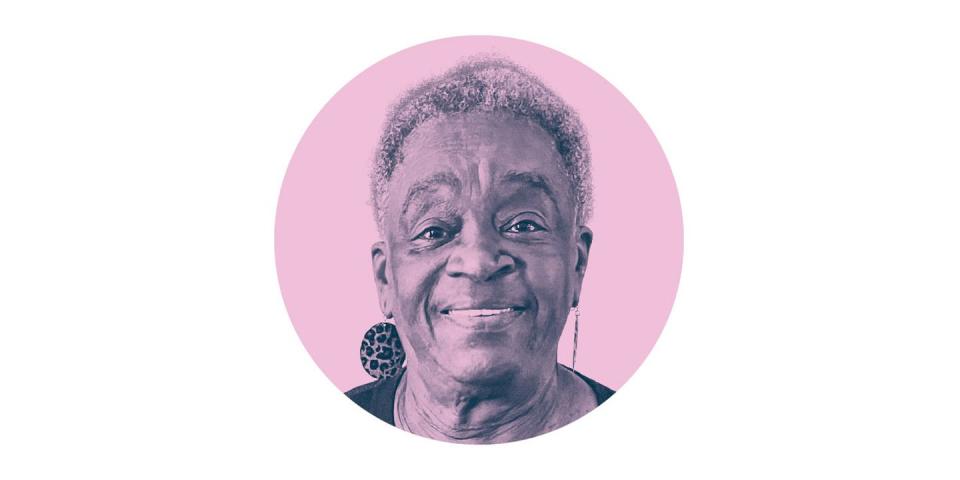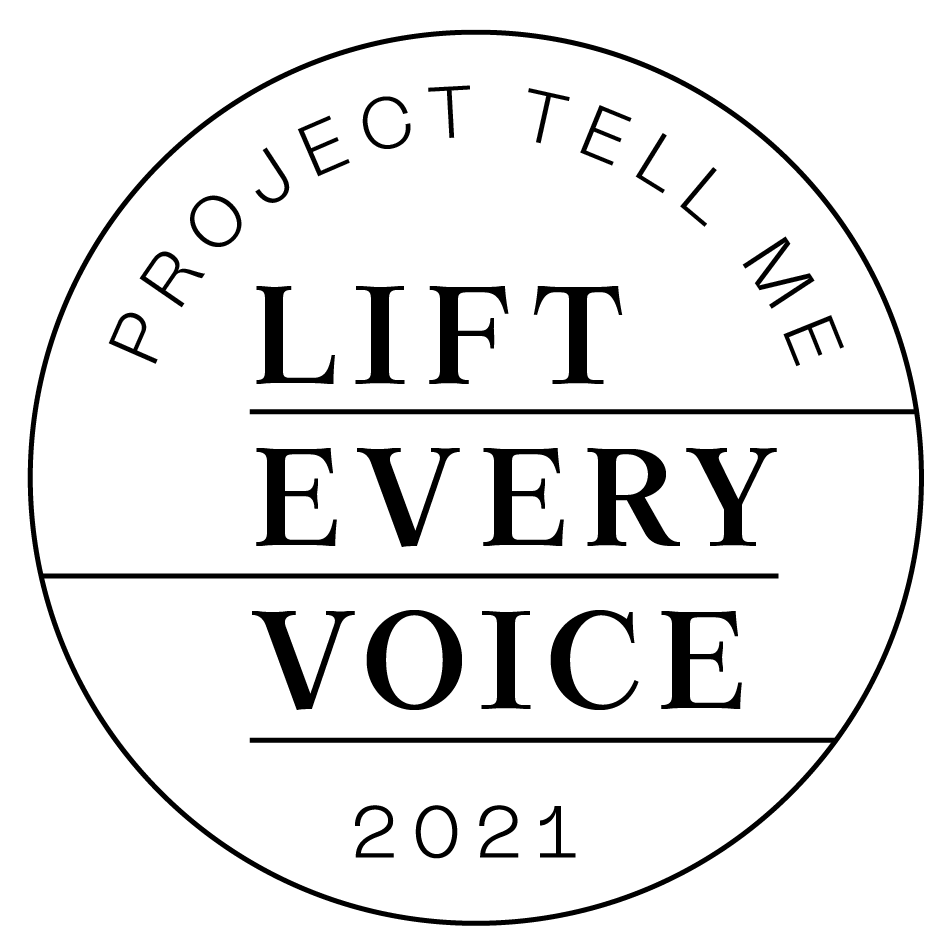When Virginia Smith Denton, 82, Integrated Her High School, She Got a Shocking Greeting

“Hearst Magazines and Verizon Media may earn commission or revenue on some items through the links below.”
Interview by Ify Egbosimba

This article was originally published with Hearst Television. Click here to see the video.
Virginia Smith Denton, 82, said she was at home with her mom when she learned about the Supreme Court’s milestone Brown v. Board of Education decision.
The court ruled in 1954 that separating children in public schools on the basis of race was unconstitutional.
In the fall of 1954, the then 16-year-old and six other teens became the first Black students to attend Fayetteville High School.
“We weren’t scared. We were a little nervous,” Smith Denton said.
On the first day of school in September 1954, Smith Denton walked to school with her cousins Roberta Lackey and Elnora Lackey.
It was her first year in high school and one that would make history.
That year, seven Black students joined more than 500 white students, learning together for the first time.
Smith Denton said when she and her cousins arrived, they were not greeted by an angry mob, police, or weapons.
Instead, waiting for them at the entrance were Mary Ann Sharp and Sara Trager—two white classmates Smith Denton would later call friends.
“We saw them standing out there,” Smith Denton said. “We didn’t know what to think. But they were so nice, and they welcomed us.”
It was a very different scene than some others playing out in the deep south.
Smith Denton said her teachers at Fayetteville High School also were welcoming.
“They were nice to me. Yes, they were. Well, except for one. I didn’t like her. She didn’t like me either,” Smith Denton said, with a laugh.
Smith Denton recalled one incident with a classmate.
“In my history class, we had this one guy, and the guy told this little [racist slur] joke. So he got suspended,” Smith Denton said. “Yes, but he got to come back. He got suspended for a while. They weren’t taking any you know what. They weren’t going to start that taking no stuff like that.”
However, Smith Denton says Black students faced a different reality outside of Fayetteville High School. She said Black families avoided going to several nearby cities and towns after dark.
“We couldn't go to Springdale and be there up there after dark. We couldn’t go to Bentonville. I mean, I think those towns were still kind of, you know, they weren’t ready for us,” Smith Denton said. “But, now we can go wherever we want. Yeah, you couldn’t be there after sundown.”
Ify Egbosimba, an anchor with station KHBS/KHOG, asked Smith Denton what would happen if a Black person went to neighboring communities after dark.
“They probably would have shot them,” Smith Denton said. “You couldn’t be up there after dark, but we went through there. I mean, still, we just didn’t stop, you know, in the stores because we were going through there to go to Tulsa and stuff. I just couldn’t stop. It was kind of bad back then. Couldn’t go to Farmington. It was just terrible back then.”
Nearly 70 years later, Smith Denton still calls Fayetteville home.
Her kids and grandkids are also graduates of Fayetteville High School. Soon, her great-grandkids will be, too.
Smith Denton said Northwest Arkansas is not the same community it was in 1954, but there is still more work to be done.
“Some things have changed,” Smith Denton said. “I just hope everybody can be as one. We’re all God’s children. I think that would be a good thing.”
Turn Inspiration to Action
Consider donating to the National Association of Black Journalists. You can direct your dollars to scholarships and fellowships that support the educational and professional development of aspiring young journalists.
Support The National Caucus & Center on Black Aging. Dedicated to improving the quality of life of older African Americans, NCCBA's educational programs arm them with the tools they need to advocate for themselves.
This story was created as part of Lift Every Voice, in partnership with Lexus. Lift Every Voice records the wisdom and life experiences of the oldest generation of Black Americans by connecting them with a new generation of Black journalists. The oral history series is running across Hearst magazine, newspaper, and television websites around Juneteenth 2021. Go to oprahdaily.com/lifteveryvoice for the complete portfolio.

You Might Also Like

